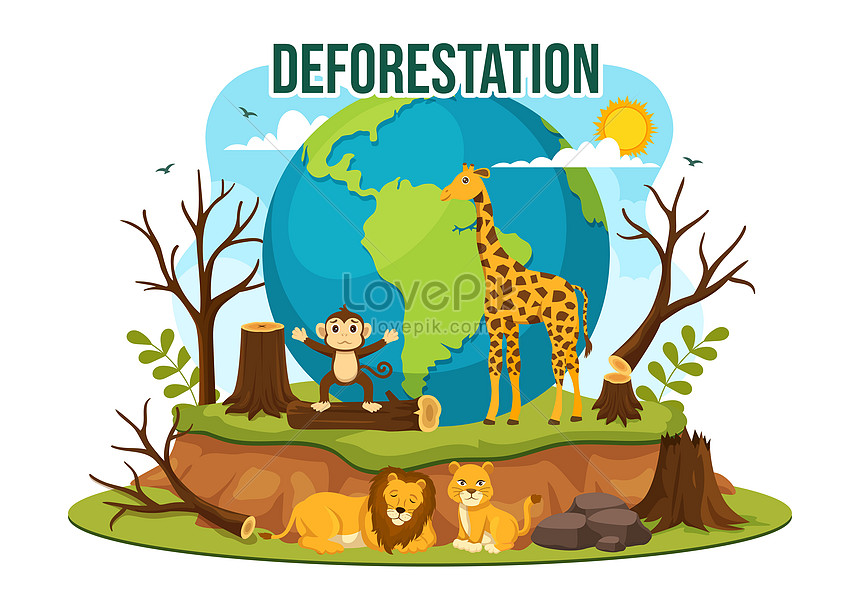Introduction
Forests give us life, providing the air we breathe and the resources we need. However, nowadays forests are being reduced at an alarming rate, a process known as deforestation, which is caused by human activities such as agriculture, logging, and urbanization. This practice has severe environmental consequences, including the loss of biodiversity, increased carbon dioxide levels, and disrupted water cycles. Forests are essential for absorbing carbon dioxide and producing oxygen CITATION Cal23 \l 4105 (Caldwell, 2023), so their destruction significantly contributes to climate change. Additionally, deforestation leads to soil erosion and reduced soil fertility, impacting agricultural productivity. It also destroys habitats, driving some species to extinction. Indigenous communities relying on forests face loss of resources and cultural disruption. As CITATION Cal23 \l 4105 (Caldwell, 2023) notes, deforestation affects entire ecosystems and the social fabric of communities. Addressing this issue requires urgent conservation efforts.
